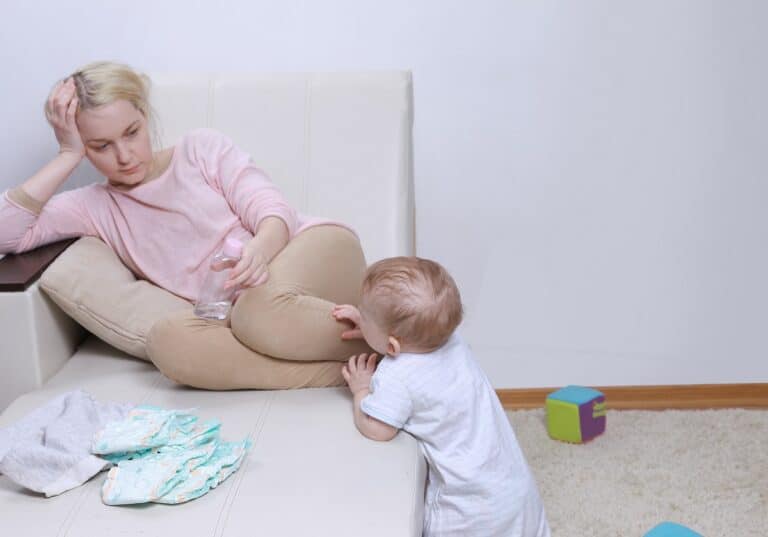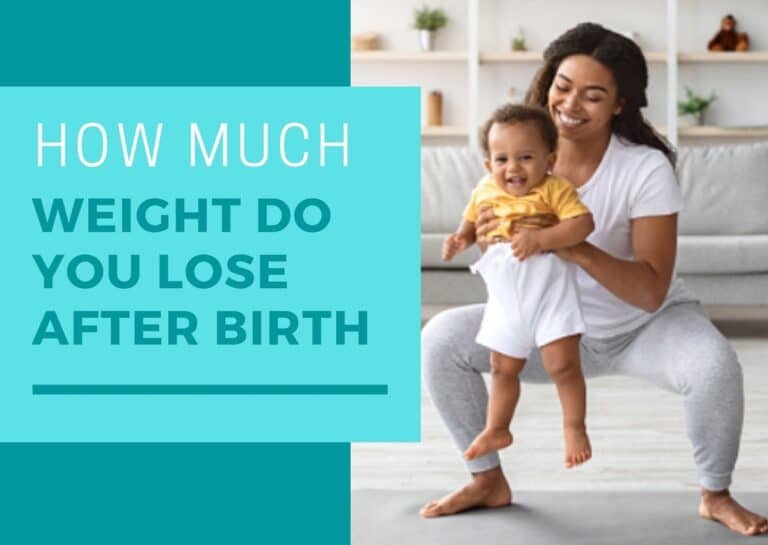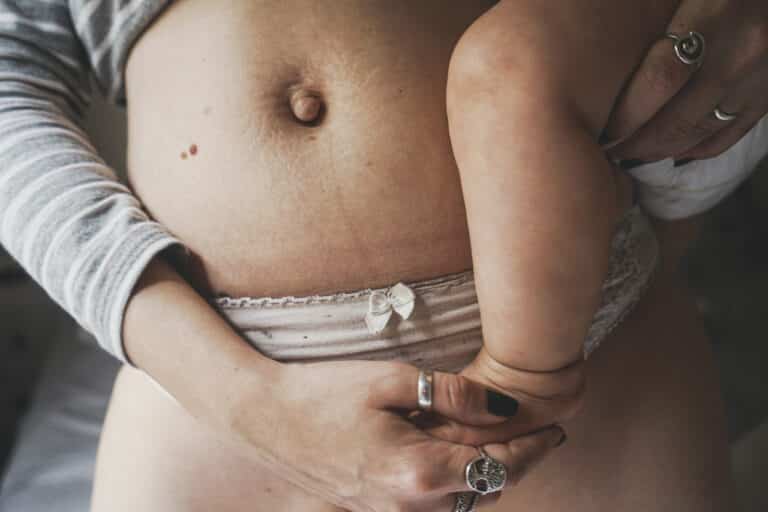Every birth is unique. And sometimes, the experience of childbirth can be deeply traumatic, leaving long-lasting emotional and physical scars on the mother. Having a traumatic birth doesn’t necessarily mean that something went wrong during delivery. It can also involve how you are left feeling afterward: shocked, fearful, disappointed, unheard.
Some women who have traumatic birth experiences go on to develop postpartum post-traumatic stress disorder (PTSD), a mental health disorder that affects anywhere between 9 to 16 percent of new moms. Here’s what you need to know about postpartum PTSD.
In This Article
What is postpartum PTSD?
Postpartum PTSD is a type of mood disorder that affects women after childbirth. It develops out of traumatic experiences that took place before, during, or immediately after delivery, and it is a subtype of PTSD: a mental health condition that’s triggered by a terrifying event.
Experiencing complications during childbirth increases the risk of developing postpartum PTSD, but it is not the only factor at play. The mother’s perception of the birth, regardless of whether it was “medically” traumatic or not, is as important as the physical toll she may have undertaken.
For example, a study of first-time mothers found whether or not the mother felt that her labor was prolonged was a stronger contributing factor to developing postpartum PTSD than the actual number of hours that she was in labor. Moreover, not all mothers who experience complications during labor or delivery develop postpartum PTSD.
How is postpartum PTSD different from postpartum depression?
While some of the symptoms of postpartum depression and PTSD may overlap, they are two different mental health conditions. Here’s a breakdown of each:
Symptoms of postpartum PTSD
- Intrusive thoughts and memories:
- Recurrent, distressing memories of the traumatic birth
- Flashbacks (reliving the traumatic event as if it were happening again)
- Vivid nightmares
Avoidance:
- Trying to avoid anything that would remind you of the traumatic event, which may or may not include the baby
- Avoiding thinking or talking about the childbirth
Negative changes in mood and thinking:
- Detachment from the baby and/or others
- Hopelessness about the future
- Negative thoughts about yourself, the baby, or other people
- Memory problems, including not remembering parts of the traumatic birth
- Lack of interest in the things you once enjoyed
- Feeling emotionally numb
- Difficulty experiencing happy emotions
- Overwhelming feelings of guilt or shame
Physical and emotional reactions:
- Being easily startled or frightened
- Being overly protective of the baby, on edge, or on guard
- Trouble sleeping
- Irritability, angry outbursts
- Crying spells
- Panic attacks
Symptoms of postpartum depression
- Difficulty bonding with the baby
- Depressed mood — feeling worse than “sad” or “down”
- Excessive crying
- Loss of appetite or eating more than usual
- Trouble sleeping
- Fatigue or loss of energy
- Overwhelming feelings of hopelessness, shame, worthlessness, or guilt
- Mood swings
- Restlessness
- Brain fog
- Severe anxiety and/or panic attacks
- Thoughts of harming yourself or the baby
- Recurrent thoughts of death or suicide
Postpartum PTSD is also different from postpartum psychosis, a rare but serious mental health disorder that should be treated as a medical emergency. Its symptoms include:
- Delusions (believing in something that’s not real)
- Hallucinations (seeing or hearing things that are not real)
- Depression, anxiety, or confusion
- Severe insomnia paired with heightened energy
- Paranoia
- Intense mood swings
- Extreme difficulty responding or connecting emotionally to the baby
What causes postpartum PTSD?
Not every person who went through a traumatic birth will develop postpartum PTSD, but there are certain factors that may increase your risk:
- Having an unplanned or emergency C-section
- Umbilical cord prolapses
- Having a vacuum or forceps-assisted delivery
- Difficult or long labor
- Painful delivery
- Unexpected or traumatic events during birth or shortly after
- Labor-related injuries, such as severe postpartum hemorrhage, unexpected hysterectomy, perineal trauma, maternal sepsis
- Baby born in distress or being placed in the NICU
- A lack of support or communication during the delivery that causes the mother to feel alienated, unheard, or distressed
Healing from a traumatic birth
Delivery is such a gigantic milestone that it’s easy to have a lot of expectations, whether you want to or not. But things don’t always go as planned, and it’s important to remember that that’s just how life goes sometimes. In other words: whatever happened, know that it is not your fault.
You cannot change what happened during or after your negative birth experience, but there are things you can do to move forward and heal from it. Postpartum PTSD is highly treatable, so if you’re experiencing symptoms, don’t hesitate to reach out for help. It may take some time to come to terms with a traumatic birth experience, so don’t be discouraged if you don’t feel like yourself right away. You got this.
Finding help
Asking for help is not always easy. A lot of new moms face barriers that keep them from reaching out for help, such as feeling like they have no one to talk to, a lack of trust with their healthcare provider, or not having access to the appropriate resources.
A good place to start finding the support that you need is by talking to your doctor or a member of your care team (doula, midwife, nurse, pediatrician) about your symptoms. They can help you navigate any resources that are available to you through your local community or health insurance provider.
Postpartum Support International offers online support group meetings where you can share your experiences and hear from other moms going through the same situation, as well as referrals to mental health providers for pregnant and postpartum persons.
Cognitive-behavior therapy is a type of talk therapy that can be very effective for treating postpartum PTSD. Meeting with a licensed mental health provider, like a psychologist, psychiatrist, or counselor, can help you re-process your experience and perhaps frame it in a more positive or even neutral way. Some practitioners may also suggest medication to treat symptoms of depression and/or anxiety when necessary.
It’s important to remember that although life might be hectic now that you’re a new mom, your physical and emotional wellbeing matter. And they also play a crucial role in your ability to take care of your baby.
If attending in-person therapy is too tricky for you right now, you might want to consider online counseling through platforms such as BetterHelp, which pairs you with licensed mental health providers who specialize in a variety of issues, including PTSD, depression, anxiety, and more.
Author: Marie Miguel












